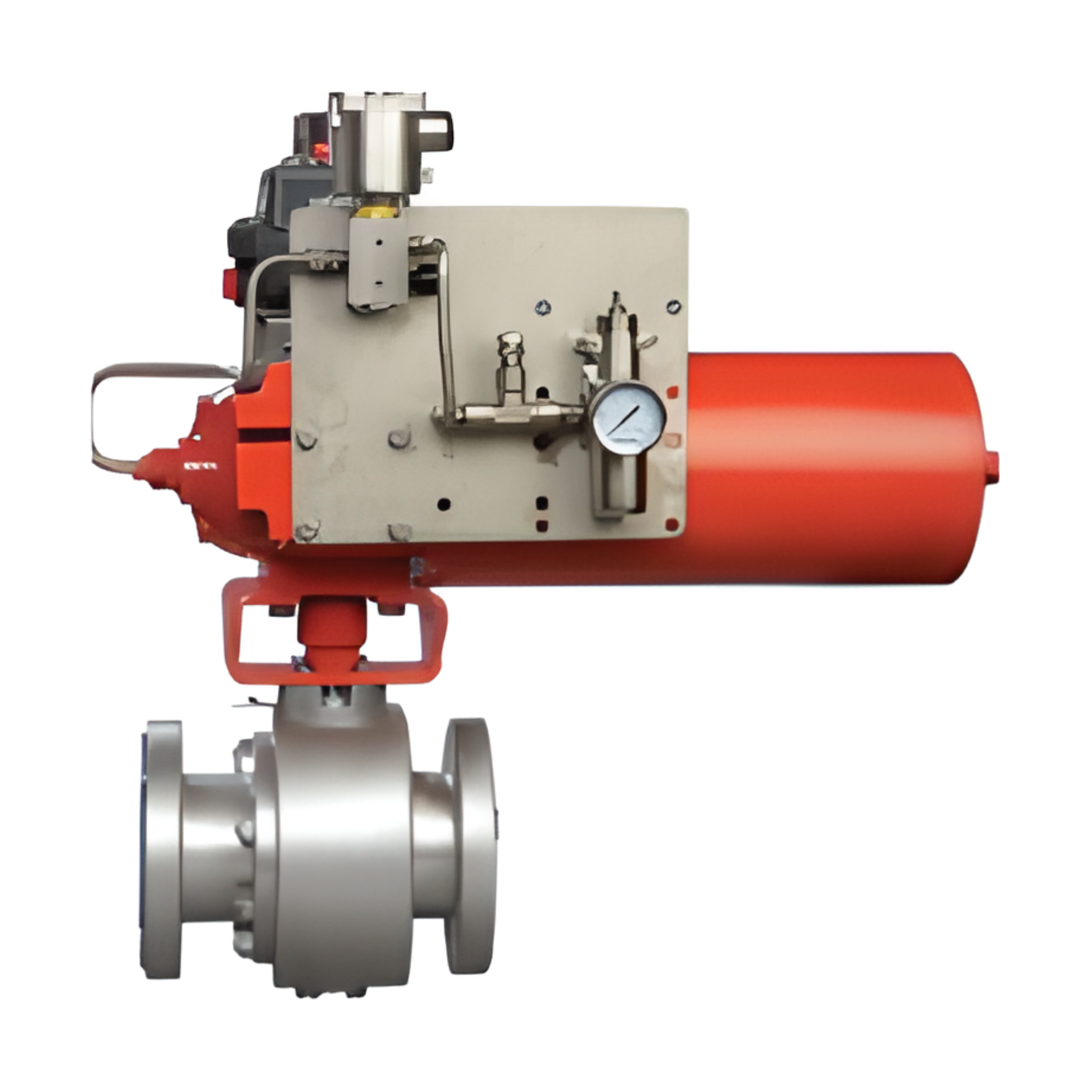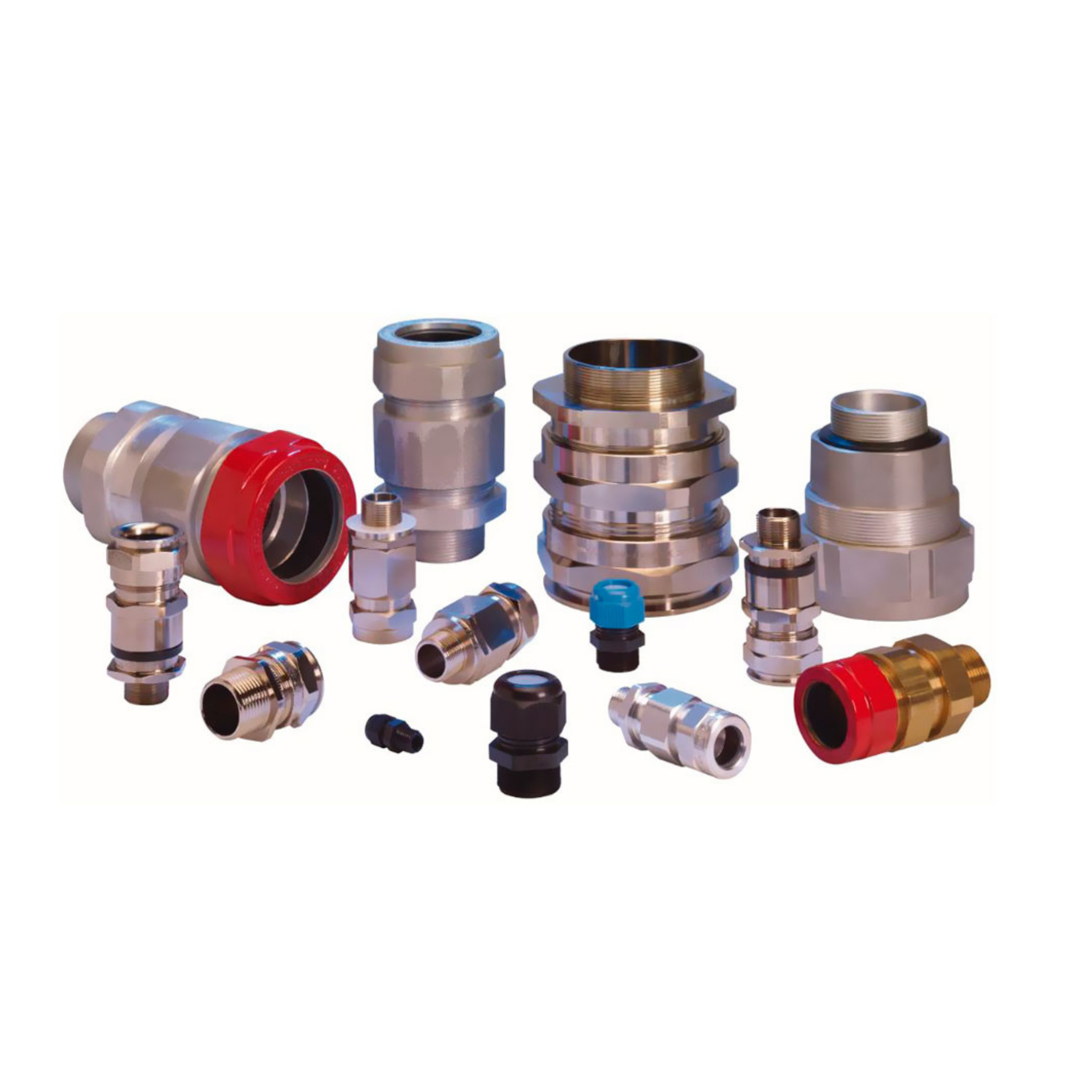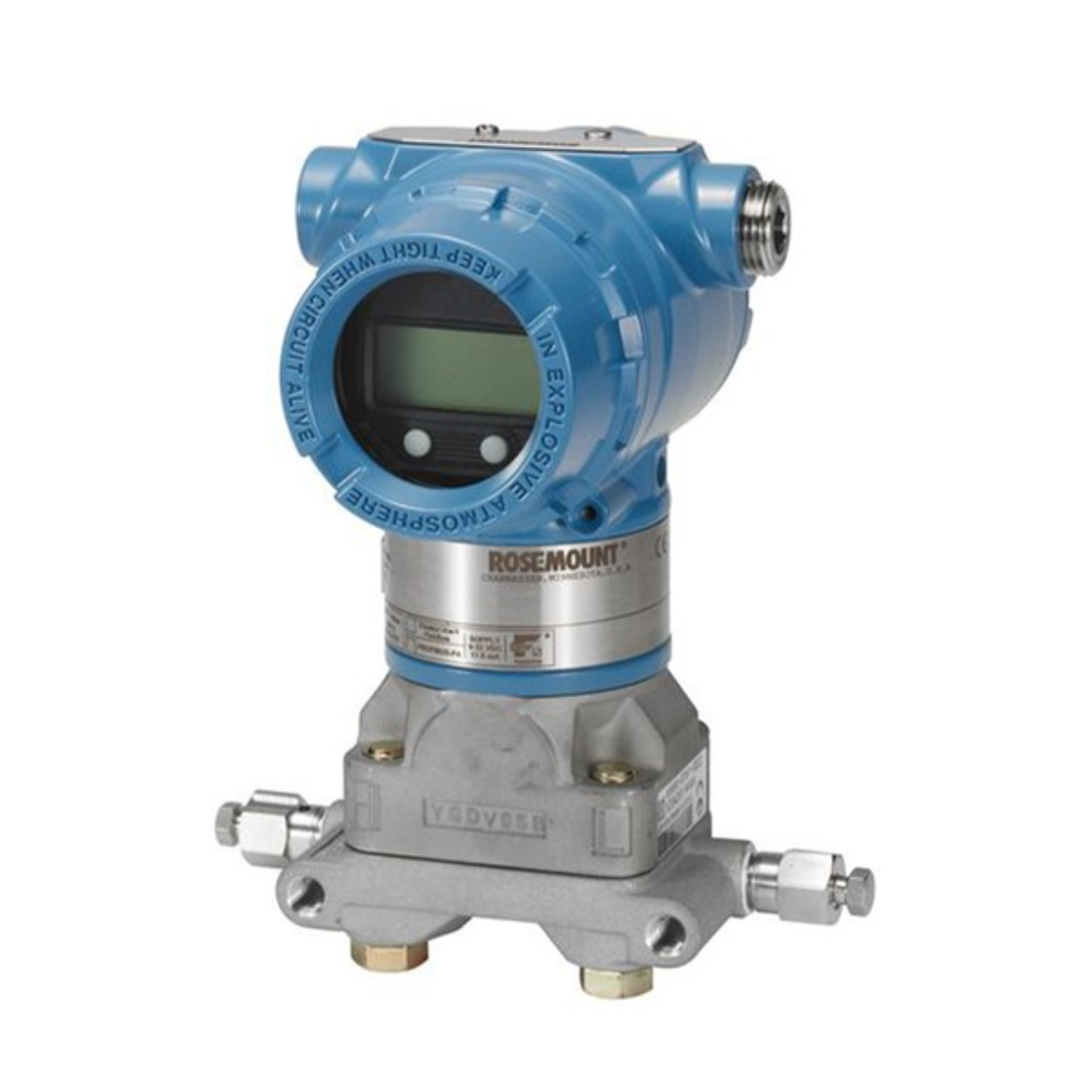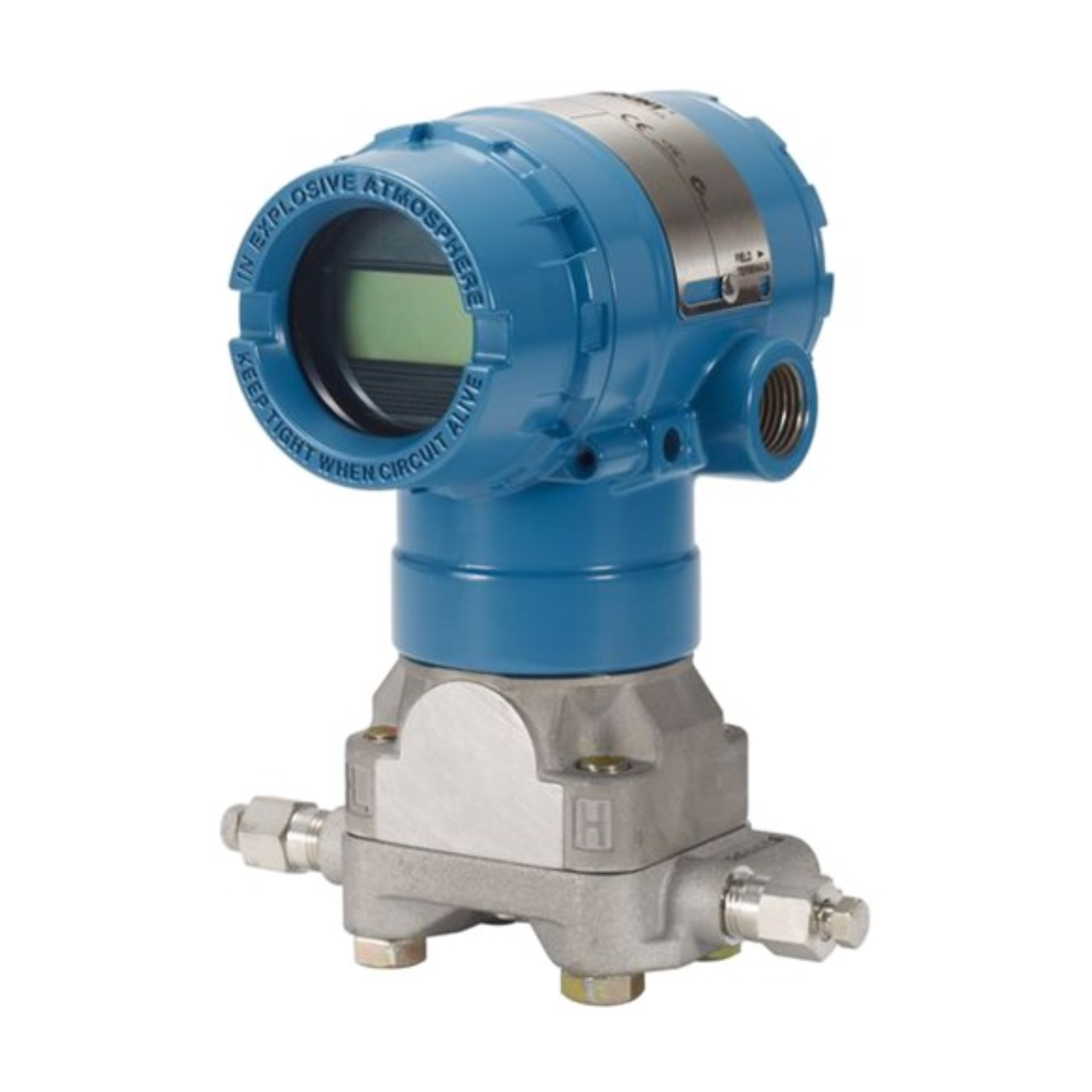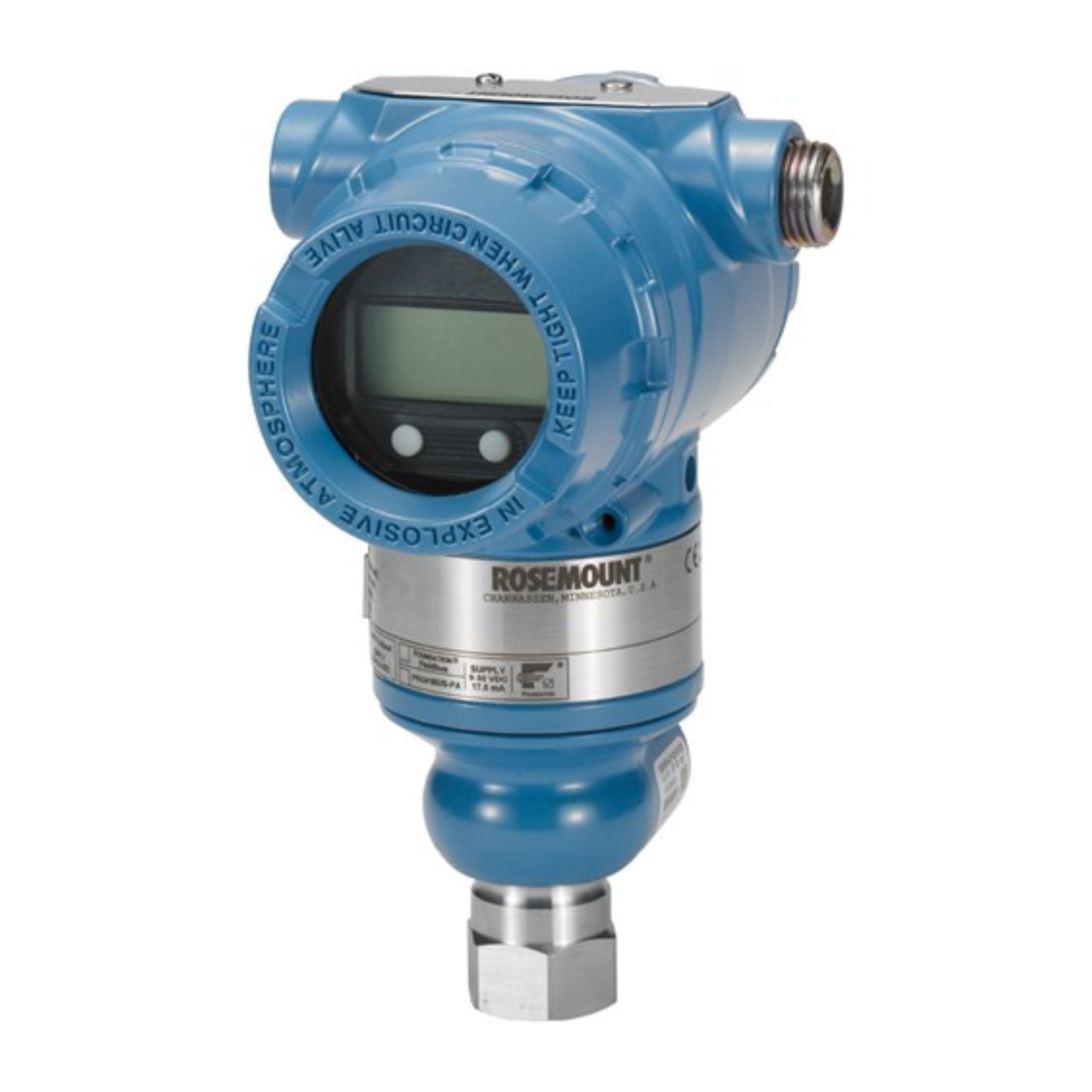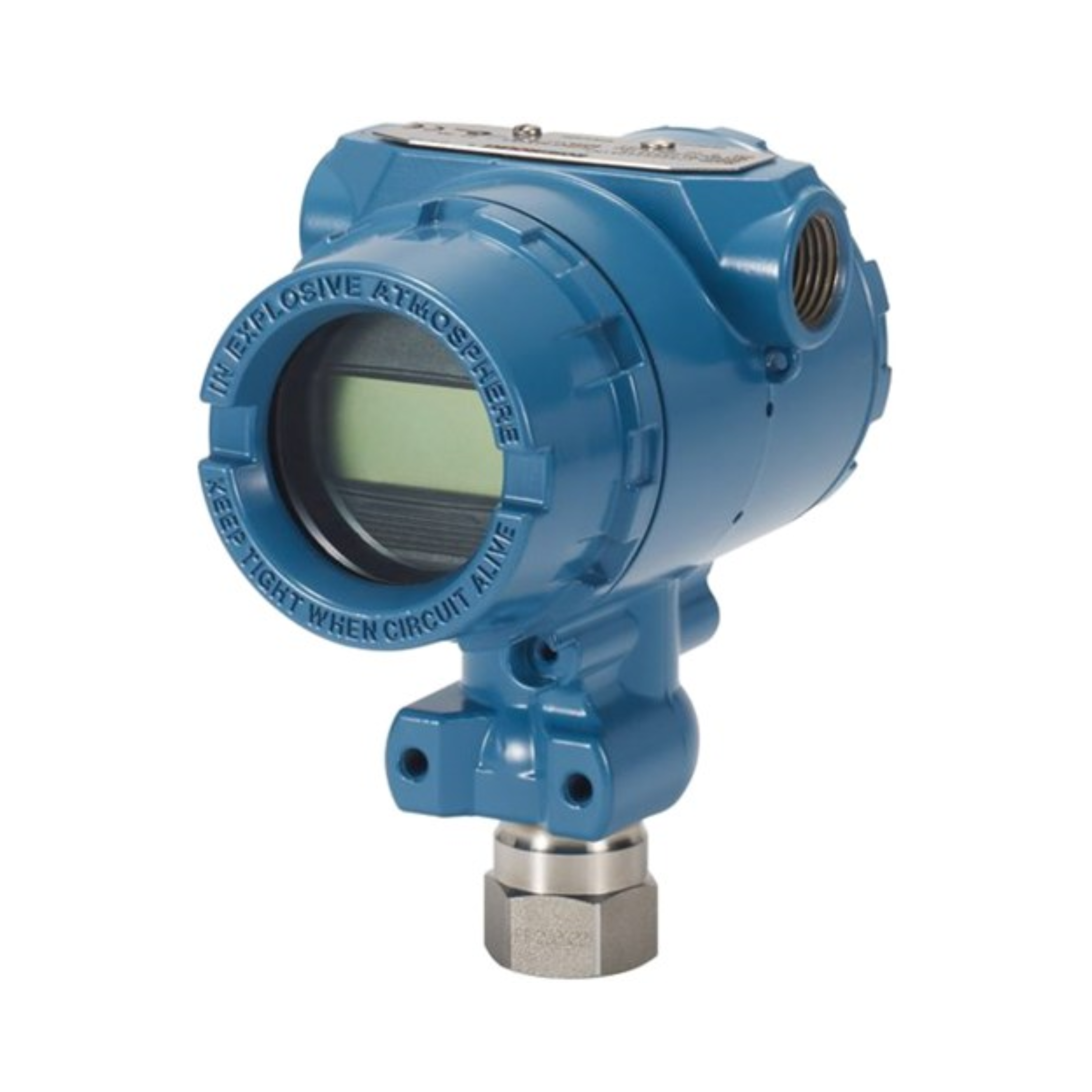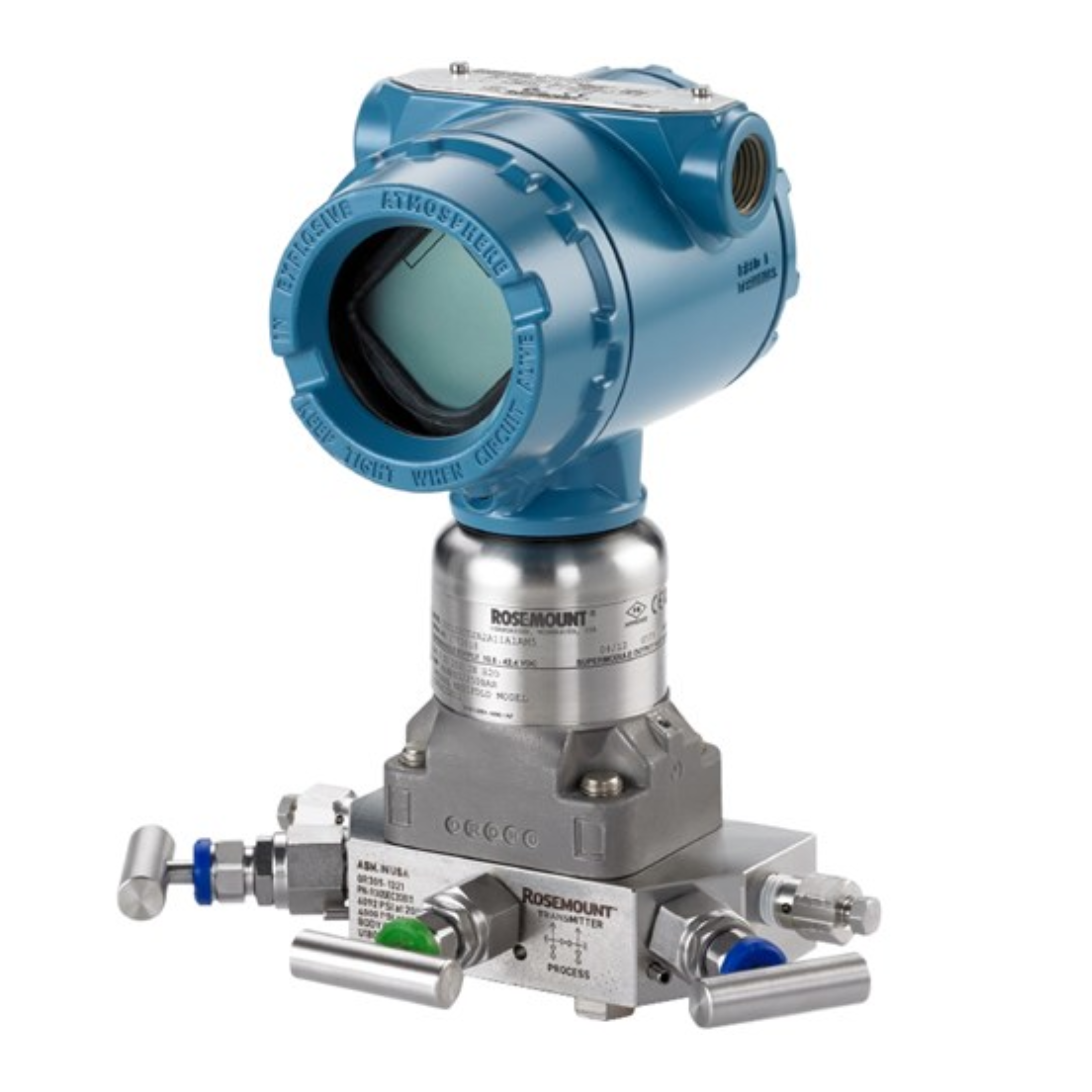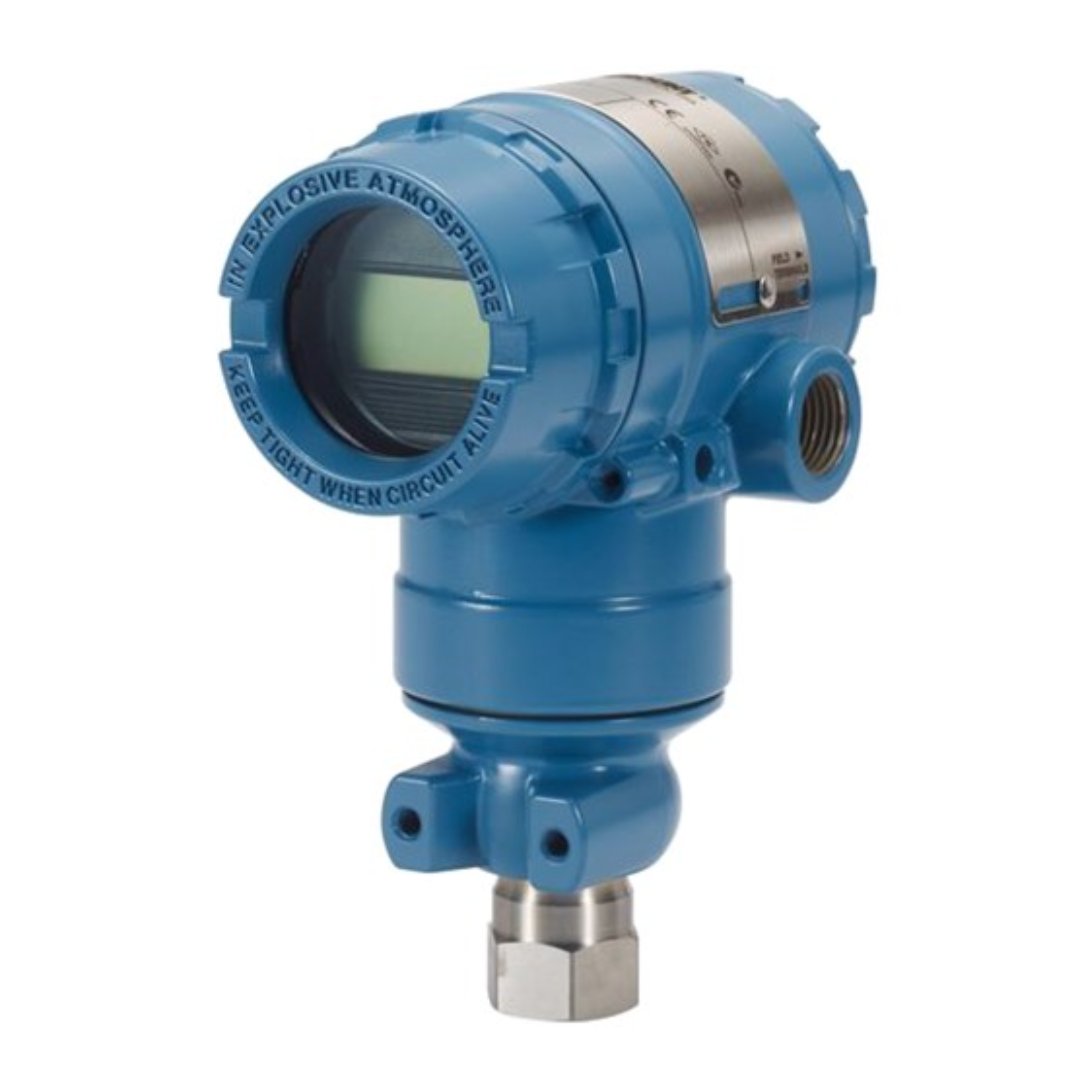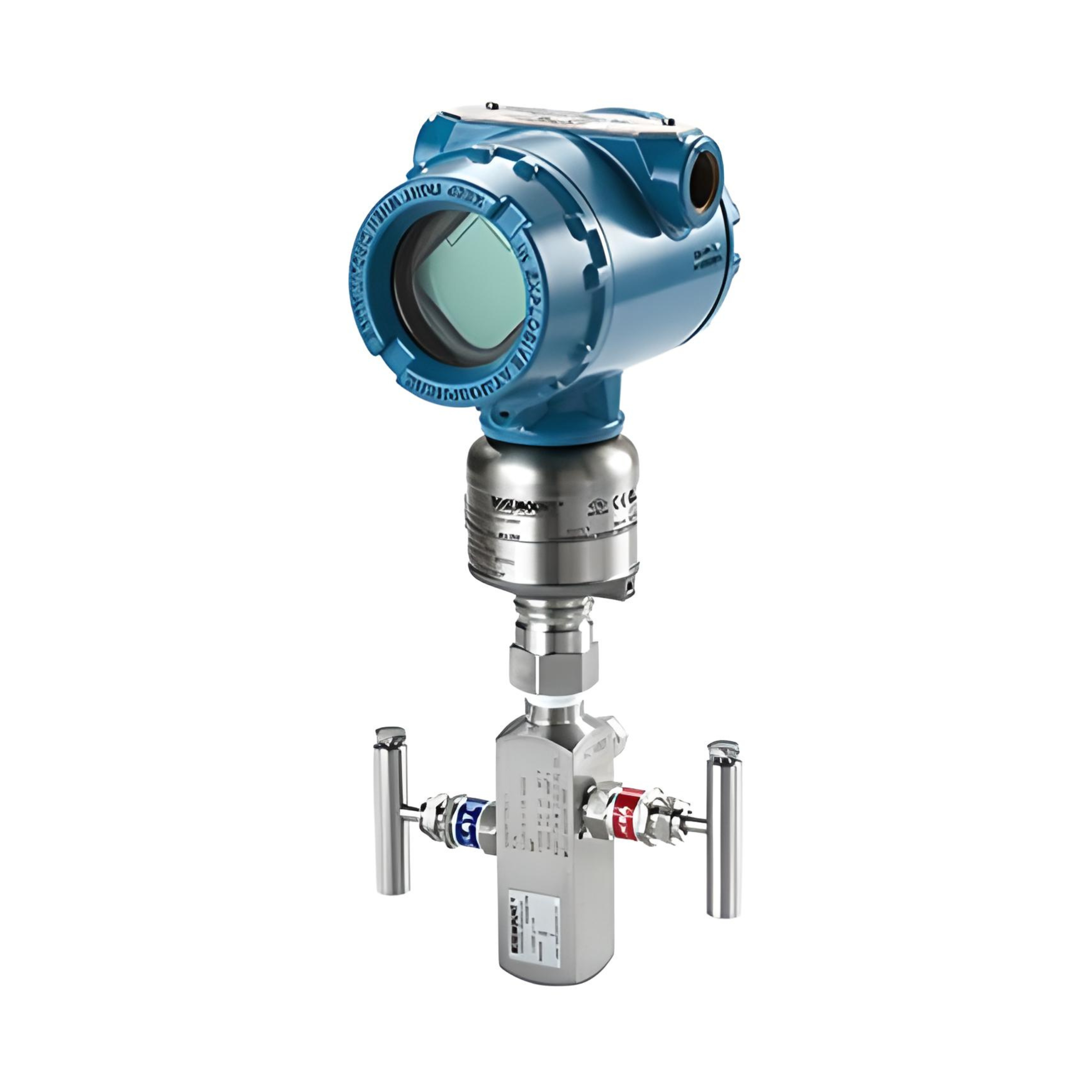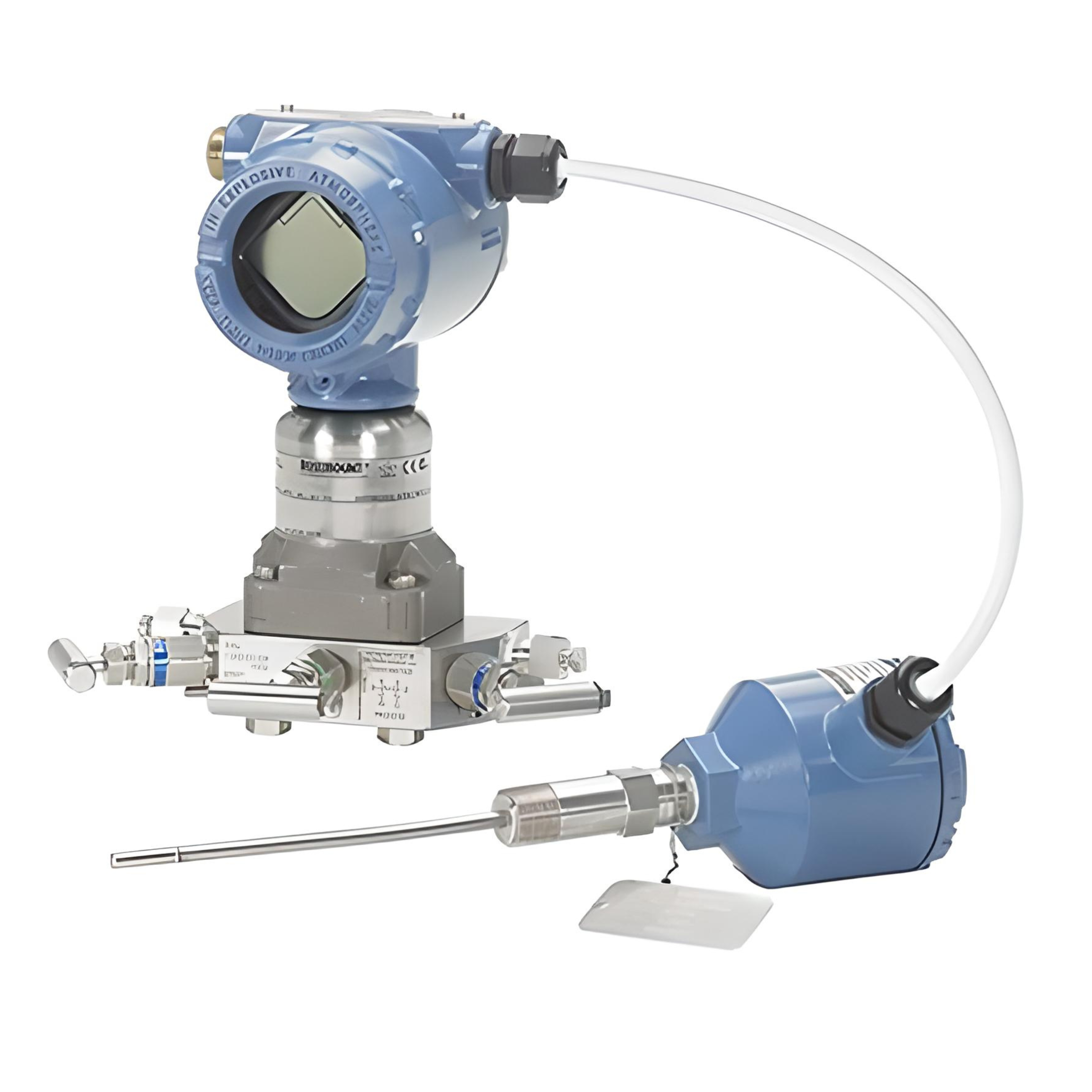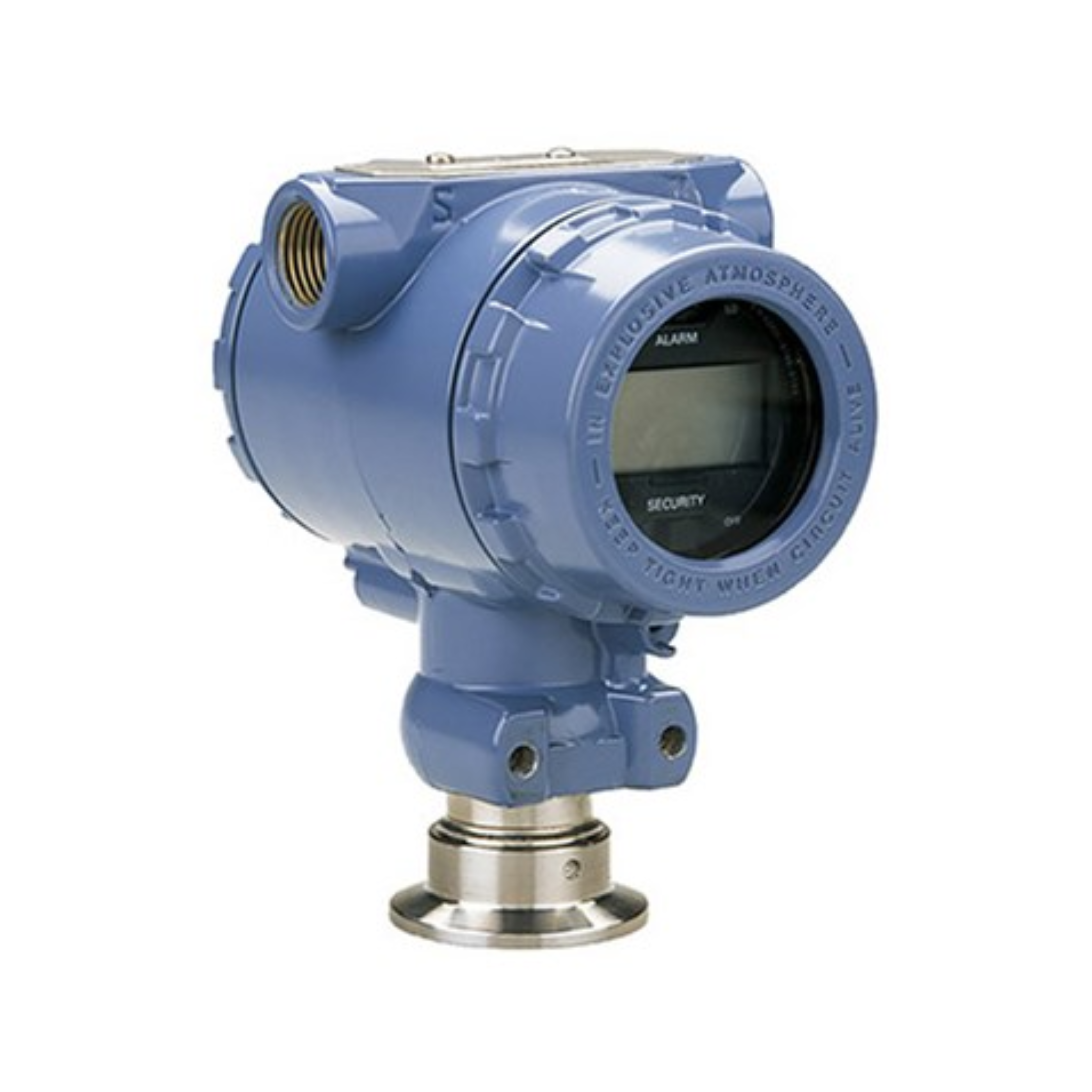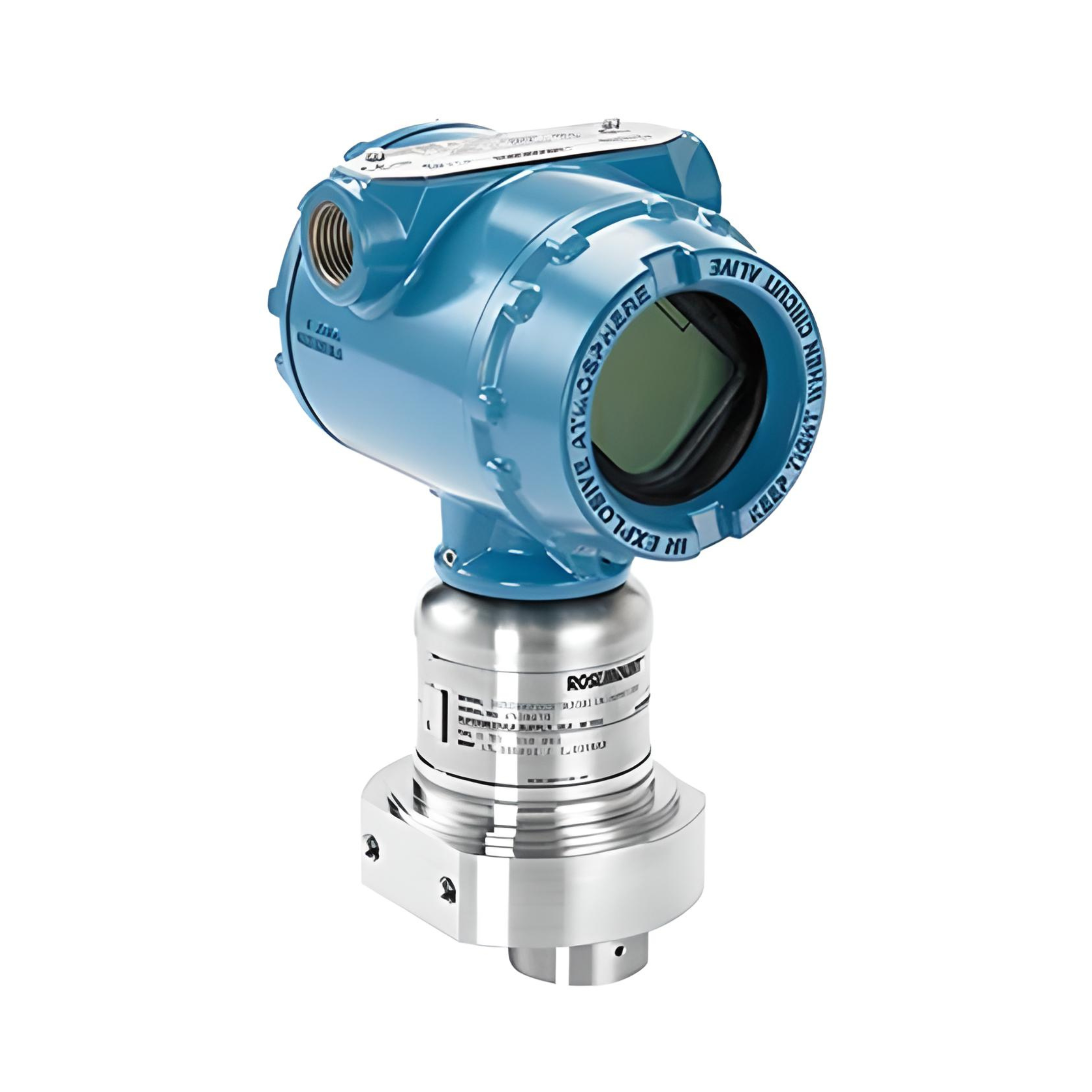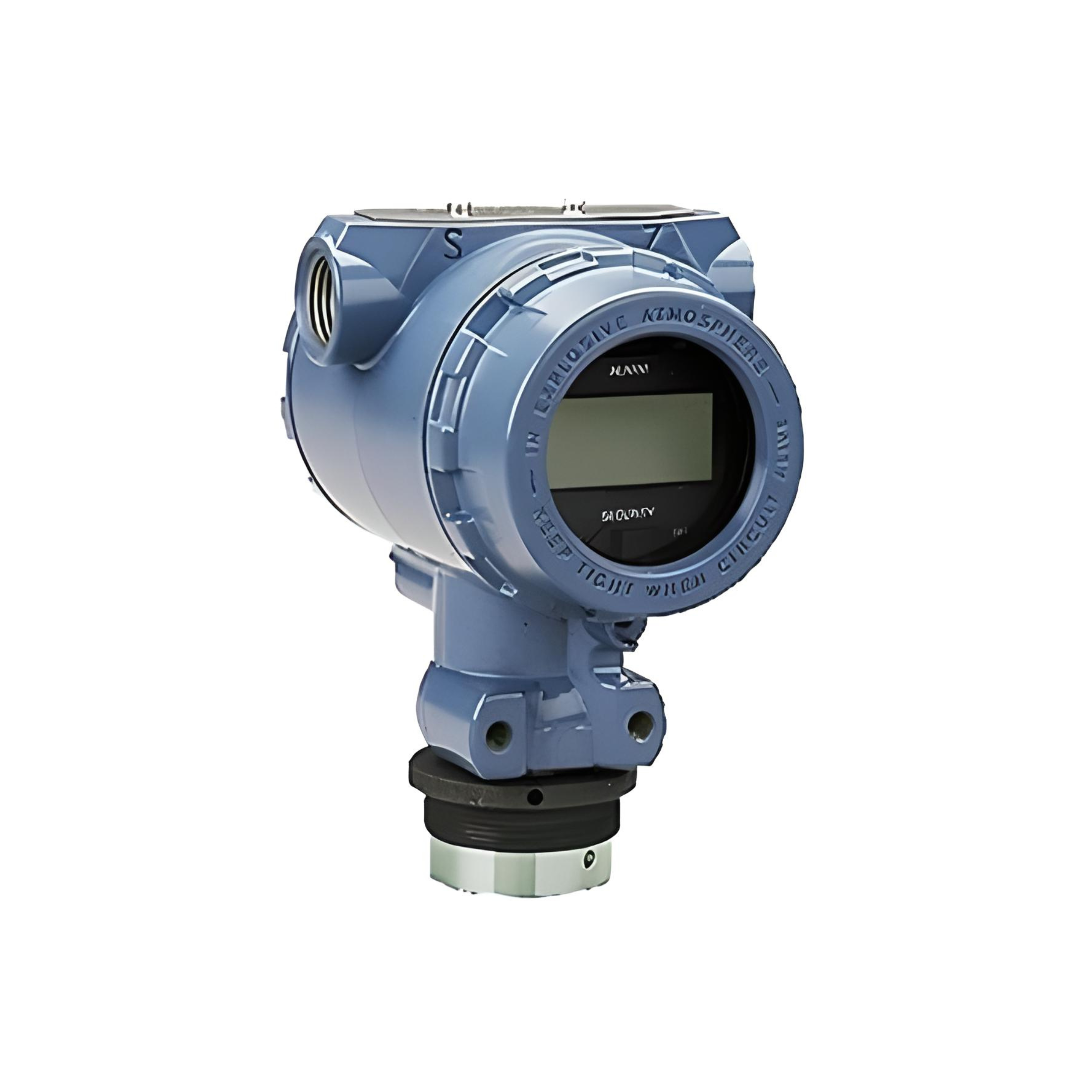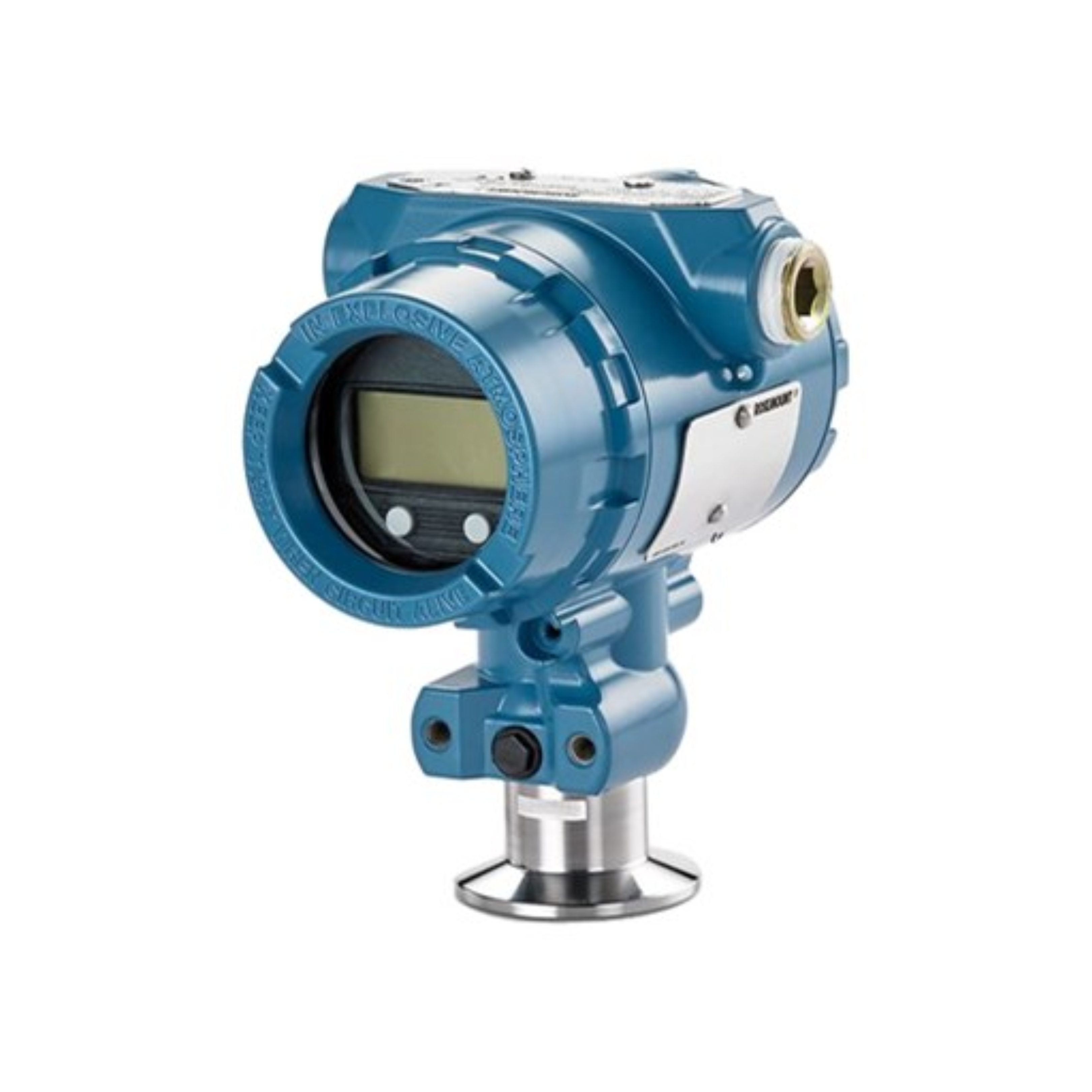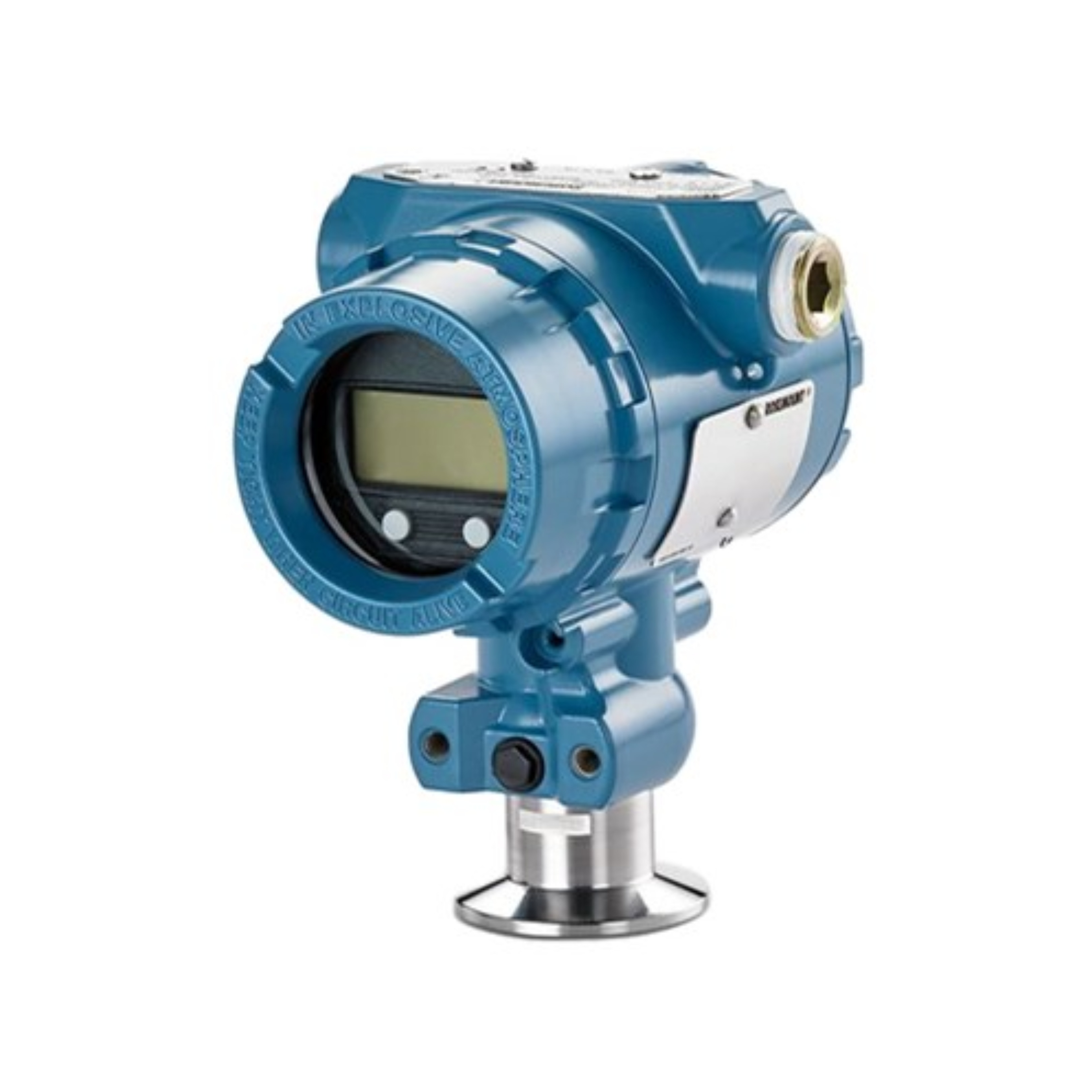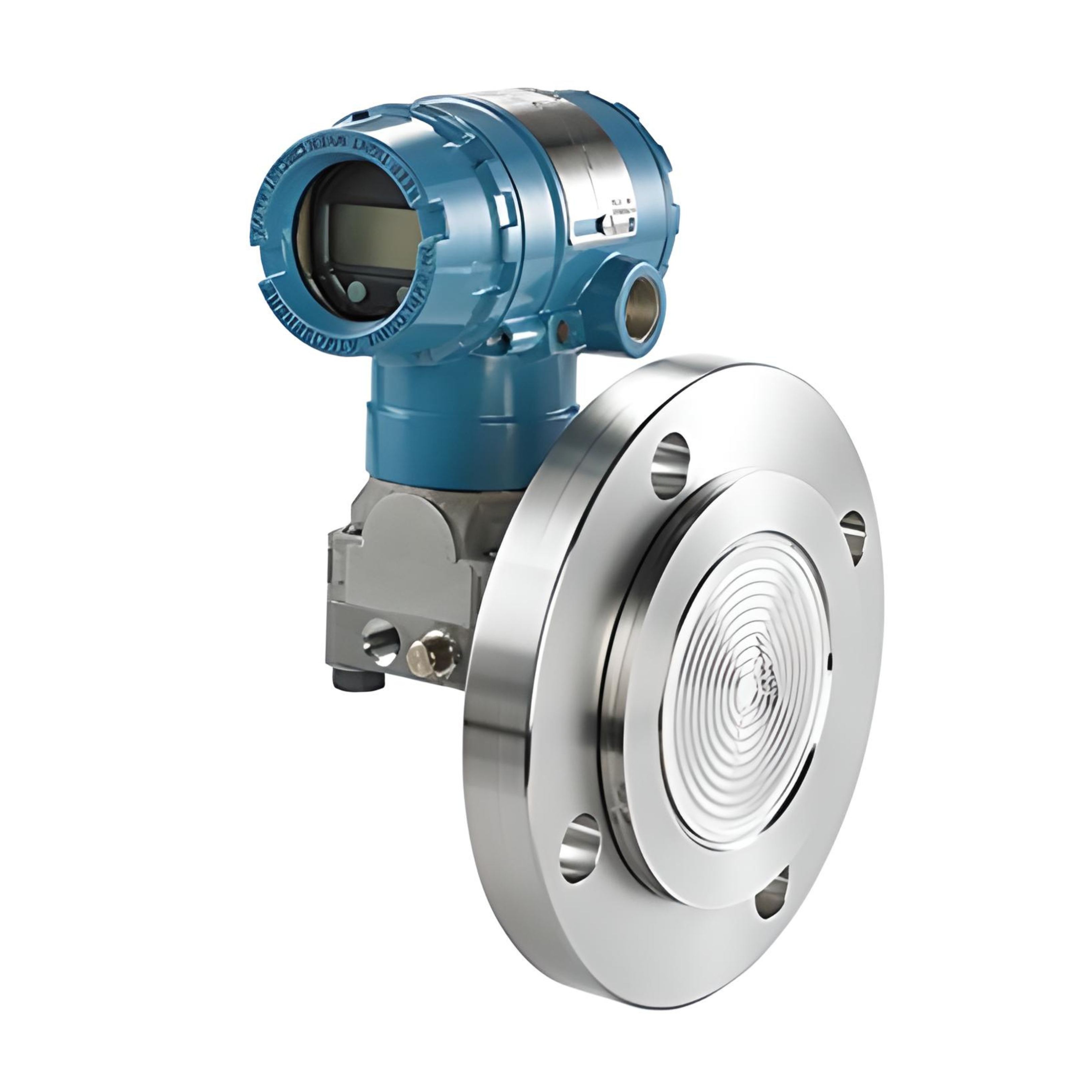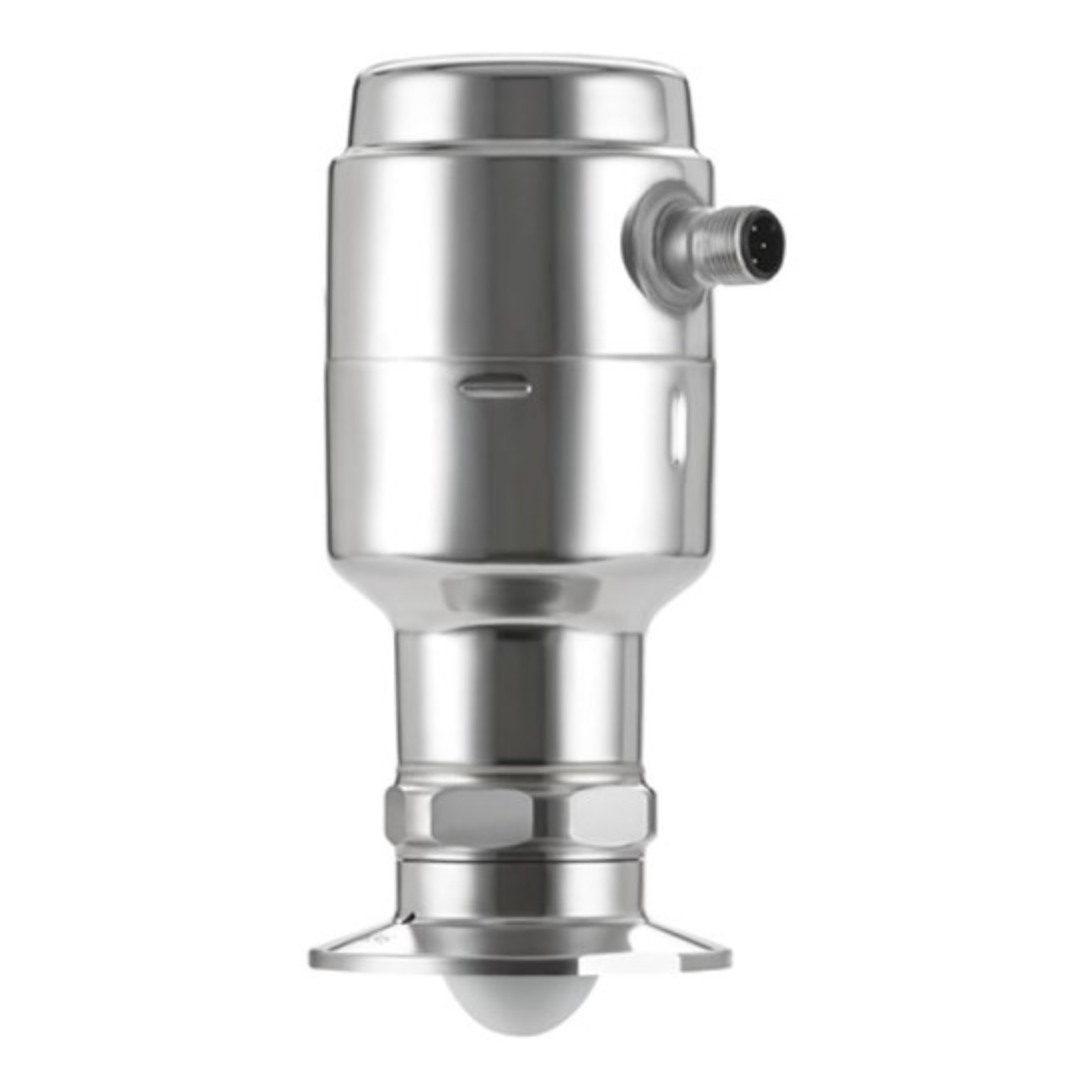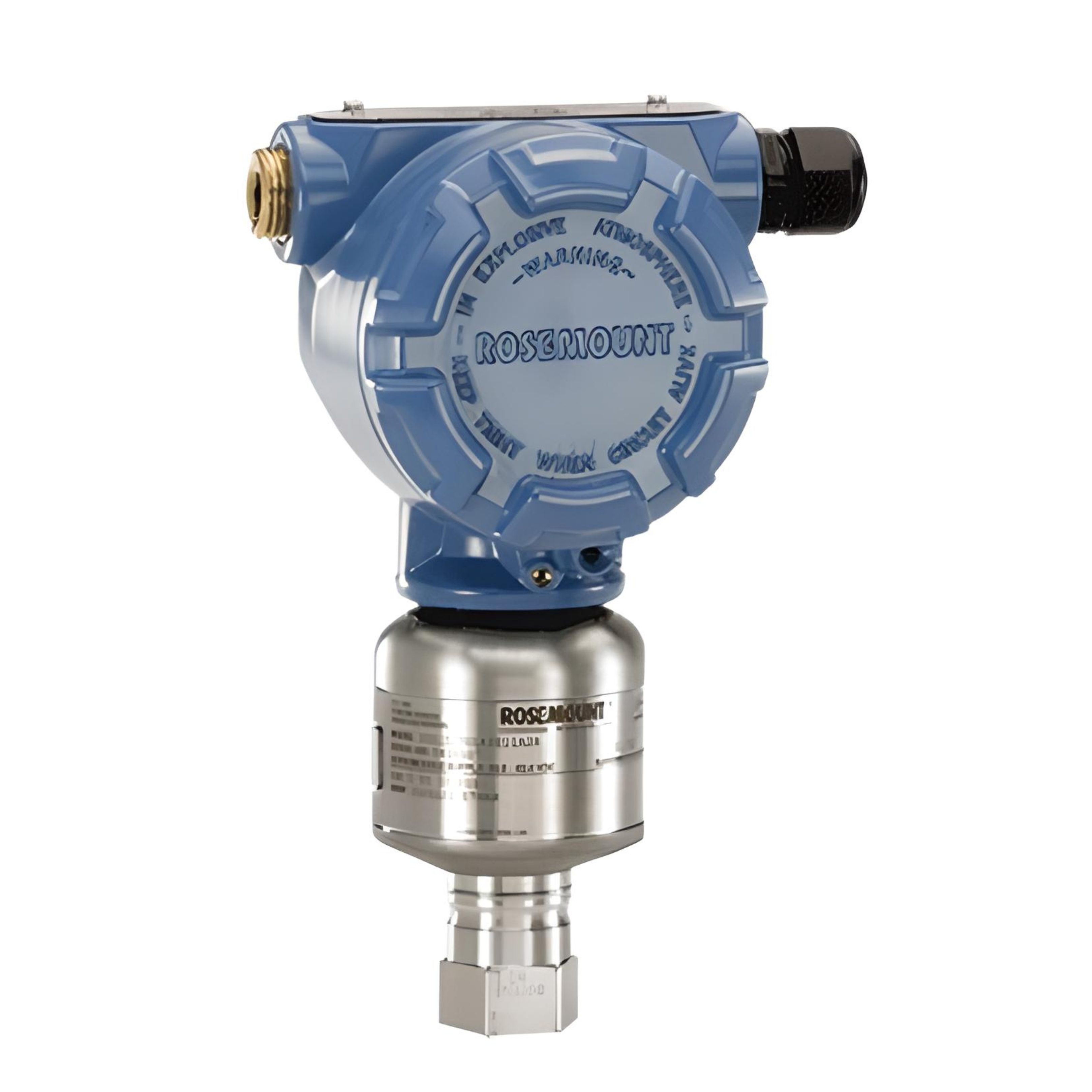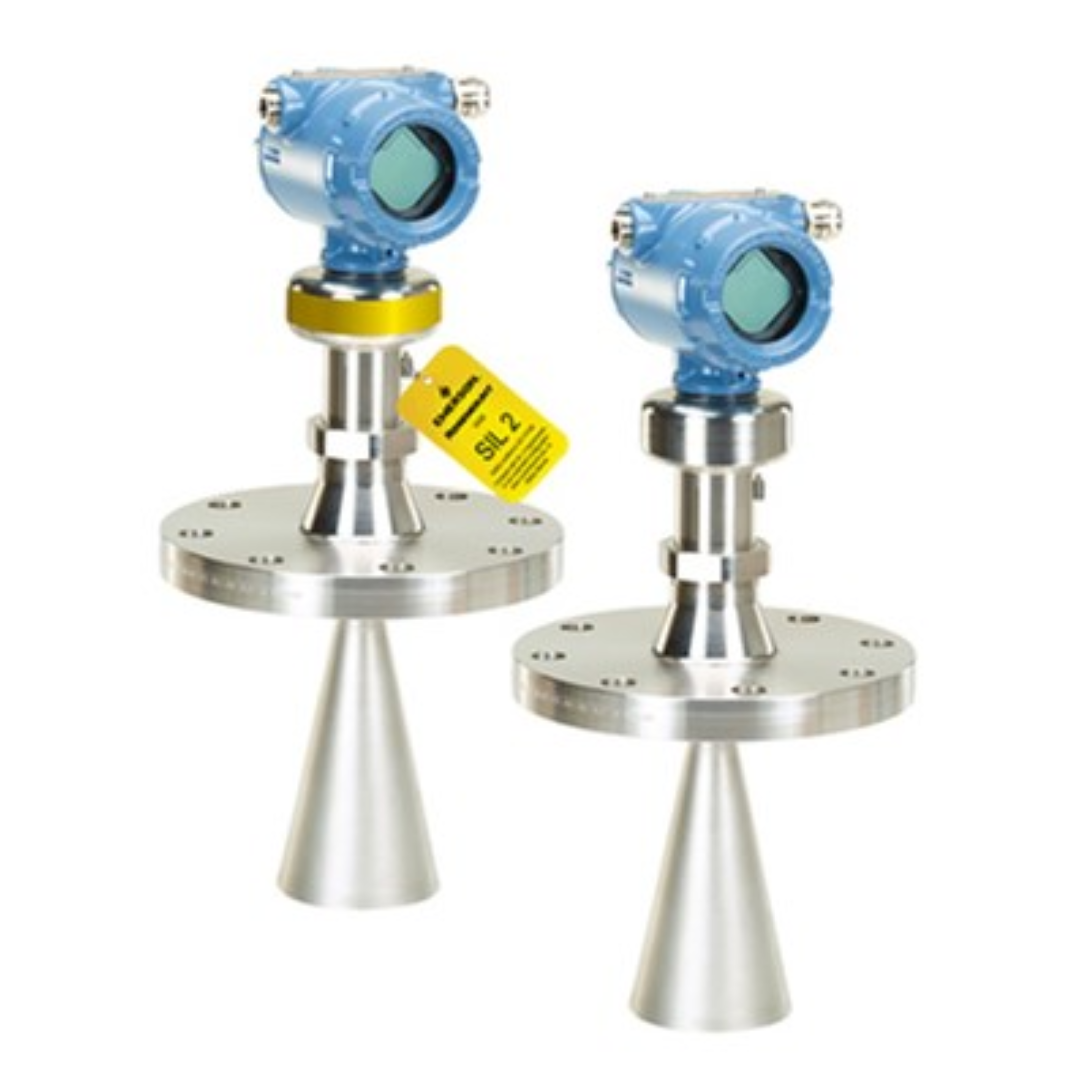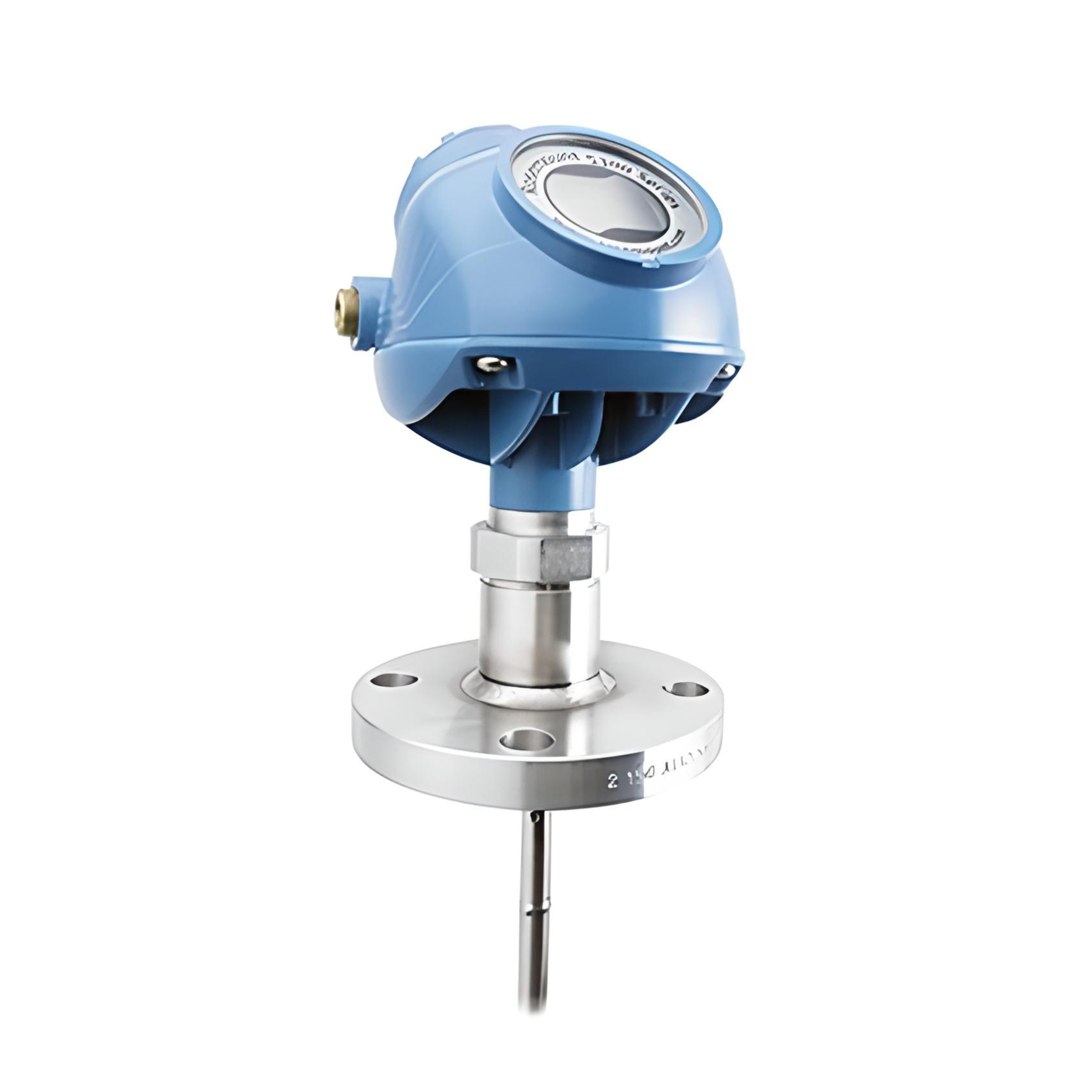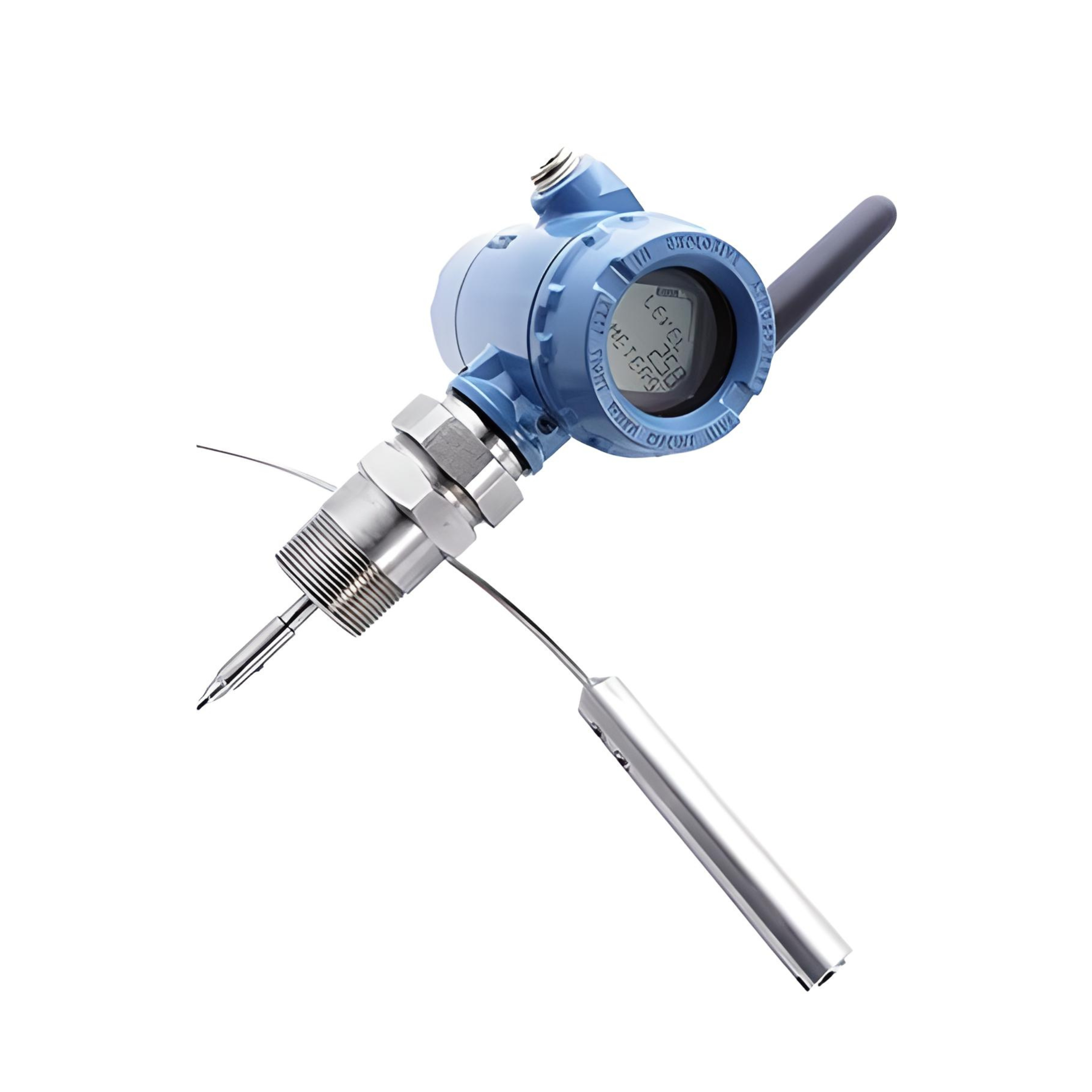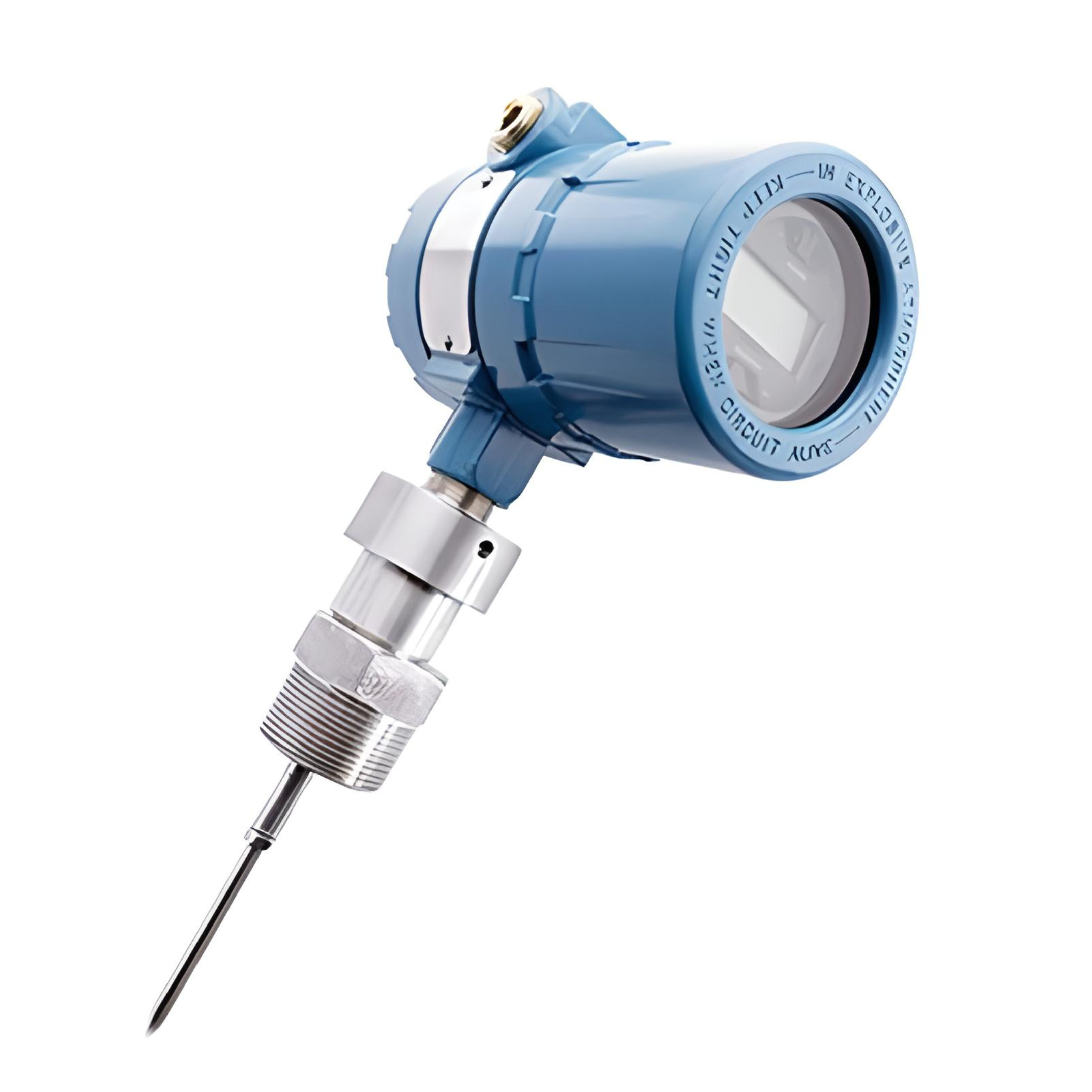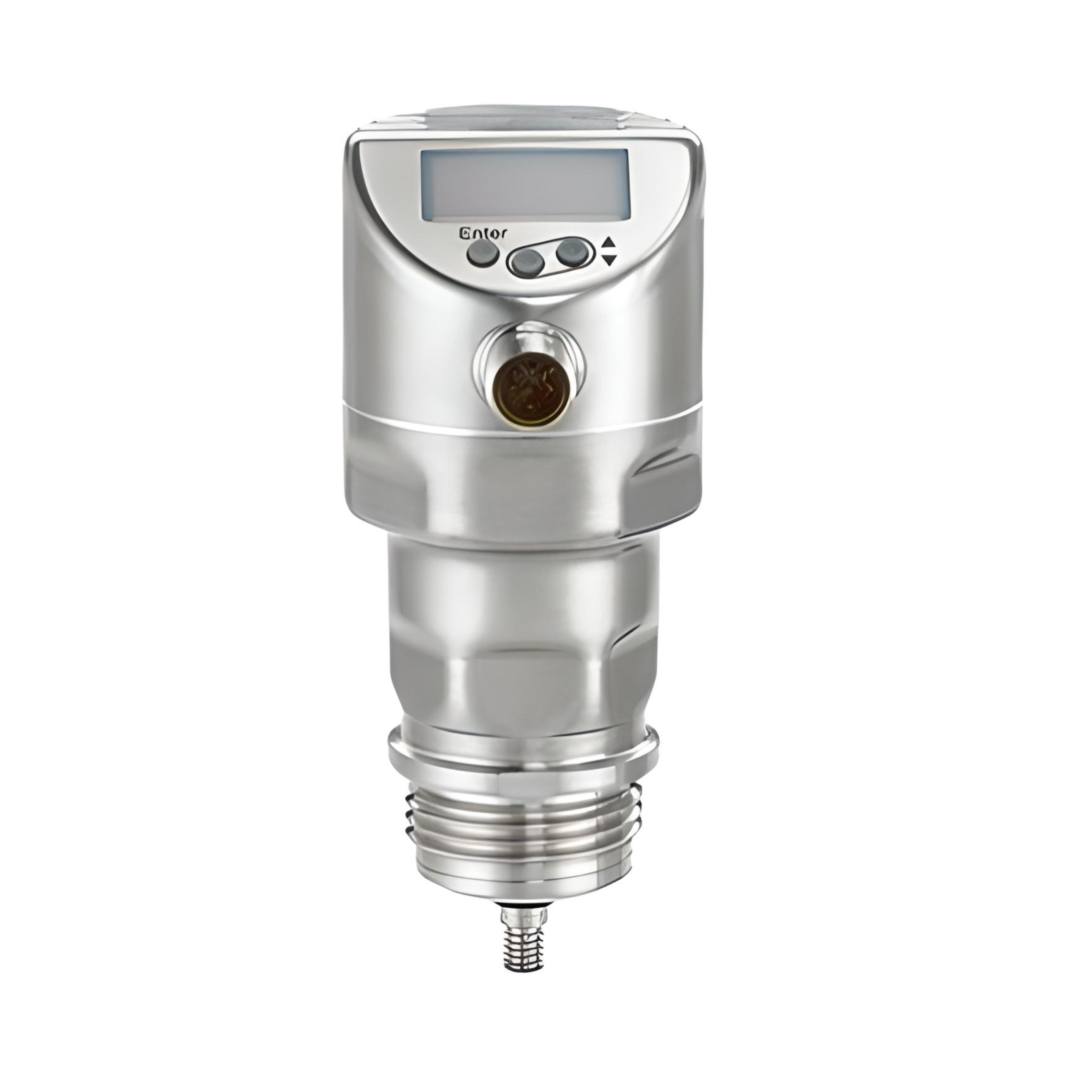
Given how complex the oil and gas industry can be, having technology that can provide high-precision monitoring is pretty much a must. As the global demand for energy keeps growing, the sector is facing a lot of challenges. Not only do they have to make sure they're producing as much as possible, but they also have to make sure they're keeping their workers safe and protecting the environment. Instrumentation service is one of the most important things they can have to make sure all of this is working well. These services are the key to making sure the oil and gas industry is sustainable, safe and reliable. In this article, we'll look at why this service is so important to the energy sector.
The Critical Role of Instrumentation Services in Oil and Gas Operations
When it comes to oil and gas, it's usually the big-ticket items like oil fields, drilling rigs, and tankers that grab the spotlight. But behind every operation is the crucial role of instrumentation systems that support real-time monitoring and control of critical parameters like pressure, temperature, and fluid flow. These systems act as the eyes and ears of the operator, providing high-precision data on which to base strategic decisions. Without good instrumentation services, operations in this sector face the risk of system failures that can result in financial losses as well as fatal environmental disasters.
Instrumentation services are great for keeping things running smoothly, but they're also a key part of meeting the growing need for efficiency, sustainability, and safety. The tech we use in this service includes pressure sensors, temperature gauges, and flow meters, all designed to give us super accurate data. Plus, we've got Internet of Things (IoT) devices and programmable control systems (PLCs) in the mix, which takes the service to the next level.
This system lets us collect and process data for more in-depth analysis. In workplaces like oil refineries or drilling rigs at sea, it's crucial to be able to respond quickly to changing operational conditions.
Impact of Instrumentation Failure and Benefits of Real-time Monitoring
As global energy demand keeps going up, as the International Energy Agency (IEA) says, the oil and gas sector keeps getting more efficient at producing what we need. The Deepwater Horizon incident, also known as the BP (British Petroleum) Oil Spill, which occurred in 2010, is a great example of how important instrumentation services are. The massive blowout that occurred was largely due to BP's failure to accurately monitor well pressure, which goes to show how critical real-time monitoring is. As a result of the incident, BP suffered billions of dollars in financial losses, plus severe environmental damage, as well as the impact of BP's poor reputation, which is still being felt today. In scenarios like this, instrumentation services can serve as an early warning system that can prevent the escalation of problems before they become a major crisis.
Let's move on to another topic. One of the best things about instrumentation services is that they can stop unexpected downtime. In industries where every minute or hour counts, a few minutes or hours of downtime can cost millions of dollars. For instance, if a valve or pump stops working, instrumentation services with diagnostic features can spot potential issues before they become full-blown failures. This early detection lets engineering teams take corrective action before it's too late, saving on maintenance costs while avoiding production losses. With the help of analytics-based technology, we can keep downtime to a minimum, ensuring the production process runs smoothly.
Instrumentation services are great for helping companies stay operational and sustainable over the long term. A solid system makes sure everything runs smoothly and helps businesses meet their sustainability goals. In an industry that often gets a lot of attention for its impact on the environment, being able to optimize operations in real time is a huge plus.
Modern Technology Integration in Instrumentation Services
Safety and environmental regulation are a top priority in this sector. Oil spills, facility explosions, or toxic gas leaks are often the result of failed monitoring and control systems. But there's good news! With technology such as gas leak sensors and high-precision pressure gauges, companies can detect anomalies at an early stage. These modern devices are even equipped with a self-diagnosis feature, which automatically alerts them to potential malfunctions. This not only improves safety, but also helps companies comply with increasingly stringent international standards.
It's becoming increasingly clear that we can't afford to ignore the technological advances that are already happening in the field of instrumentation services. The Internet of Things (IoT), Big Data, and artificial intelligence (AI) have opened up a lot of new ways to improve how we work. Modern instrumentation systems can even integrate data from different sources and turn it into useful info to help with strategic decision-making. With this kind of data-driven analysis, companies can predict device failures before they happen, optimize maintenance schedules, and improve overall system reliability. AI also helps by providing predictive recommendations that can help companies respond more quickly to operational challenges.
Plus, wireless sensor tech lets us access data from far-flung locations on the fly. This is huge for operations in rough-and-tumble environments, like offshore rigs or refineries in the middle of nowhere. With remote monitoring and analysis, companies can keep their workers safe while making smarter decisions.
The Role of Human Resources and Future Trends
We already talked about the different types of tech innovations that are out there in the world of instrumentation. But you know, just having new technology isn't enough to make sure instrumentation services succeed. On top of technology, having the right people in place is also key to success. You need people who are competent and trained. If you've got all these fancy new tech innovations, but your human resources aren't up to scratch, what's the point? Without operators who really know their stuff, the system's not going to be able to deliver the goods. So, it's high time companies started investing in training and development. Lots of organizations have even teamed up with universities or training institutes to create specialized education programs focused on instrumentation expertise.
The growth of the global market for instrumentation services really shows how important these services are in different sectors, especially oil and gas. A report by Allied Market Research says the market value of instrumentation services is expected to be over $8 billion in the next few years. This is down to the need for efficiency and safety, as well as increasingly strict regulations. With more focus on renewable energy and green operations, companies will keep innovating their instrumentation to meet the challenges ahead.
The oil and gas sector needs to find new ways of doing things to keep up with the changing energy industry. Instrumentation services are a big part of the solution. They use cutting-edge tech and have great people on hand to help. By combining new technology, human expertise, and best practices, they can make sure everything runs smoothly while also making the industry safer and more sustainable. This means they can meet today's market needs and also be ready for the future.
